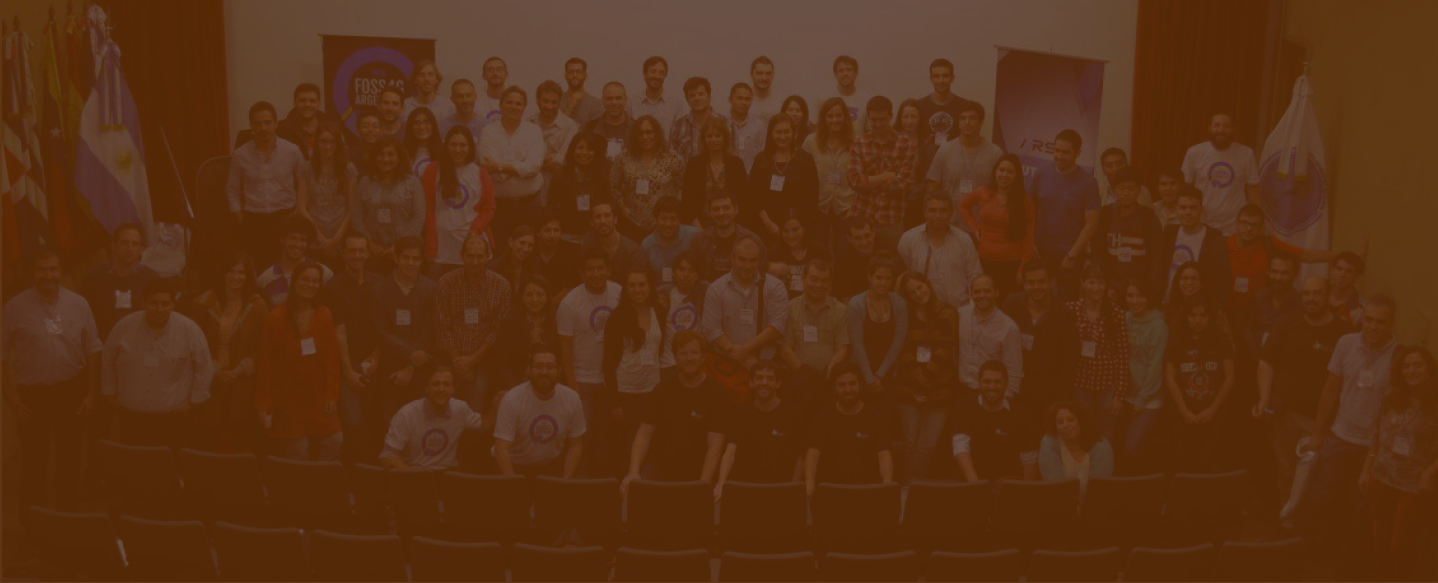2021-10-01, 13:00–13:30, Salta
Imperial Beach, CA is a small city in San Diego county, California. The GIS department faces budget and staffing challenges common to many small cities. To overcome these challenges, I have used a combination of commercial and open-source software. incorporating a PostgreSQL/PostGIS database, and ArcGIS for viewing.
As with any organization, needs change, and these have resulted in moving away from a focus on the desktop, to a web viewer for most GIS needs. As it happens, this platform has its underpinnings firmly in the FOSS arena. At the same time, the timing was right to shift my primary editing and mapping on the desktop to QGIS. Going in the opposite direction to a degree, the need has also arisen to utilize different Esri software to support other city software needs, and thus a process has been developed to transfer data as necessary.
In this presentation I will detail how the GIS is being restructured to serve multiple data endpoints with a minimum of duplication. This is accomplished through a combination of the existing database, moving data to Amazon AWS, and adding some programming to tie it all together. Through it all, the pieces that I do pay for act as a multiplier on the results I would be able to achieve by doing things myself. In many cases, the funds are going to development of applications, or technical support, with concrete benefits, as opposed to paying for licensing. When all is said and done, by judicious utilization of FOSS geospatial, you don't need a huge budget to have a highly flexible, expandable system to meet the needs of multiple departments, staff and software.
A bit of history will help where I am now, make more sense. When I arrived at the city in 2011, there was no GIS infrastructure aside from a file server. I implemented an Esri-based system using a single desktop license with a viewing software extension. I knew about this from past work, and knew it would be appropriate for this situation, at least to get started.
My shift to FOSS began as I expanded more multi-user capable options for storing and accessing data. The options were limited, and as I was to find, cost prohibitive for a small city. We simply didn't have the budget to afford the licensing I would need. I had some prior knowledge of PostgreSQL, but had never installed or used it. That changed in 2014-15, with basic installation and some minor testing. The results were positive, and I had to make a choice of which way I was going to go. I started migrating data into Postgres, and have not looked back.
That was the first major step. What follows has been adding on parts as new needs have arisen, and making sure they all work in a cohesive manner. I am primarily a data person, so my focus has always been that the authoritative data should live in a single location, and everything should pull or push to that source.
Mercer, Russell (1)
(1) GIS Administrator, City of Imperial Beach, CA, USA
Track –Transition to FOSS4G
Topic –Government and Institutions
Level –2 - Basic. General basic knowledge is required.
Language of the Presentation –English
I am a geographer focused on data management. University was in Seattle, now 20 years in San Diego with the last 10 of those as GIS Administrator at the City of Imperial Beach where I have expanded the GIS using a hybrid of FOSS4G and Esri technologies.

